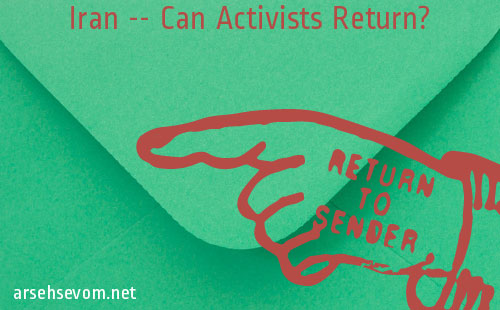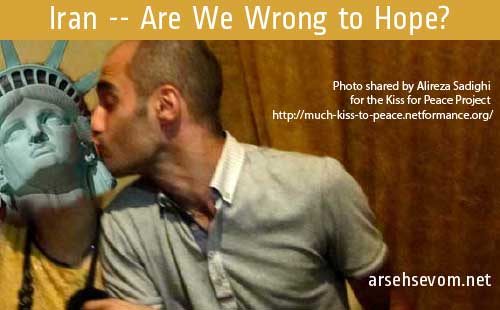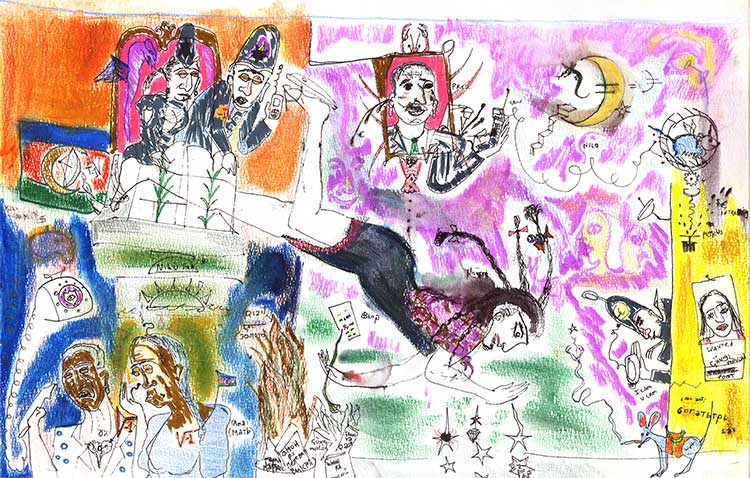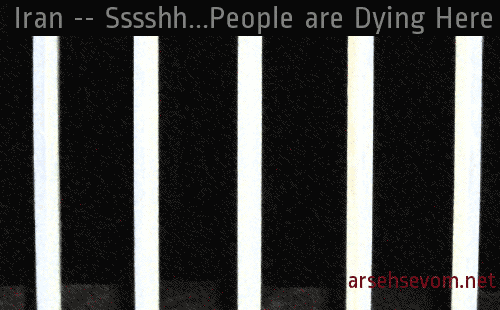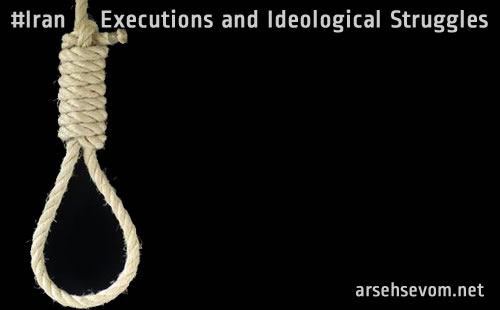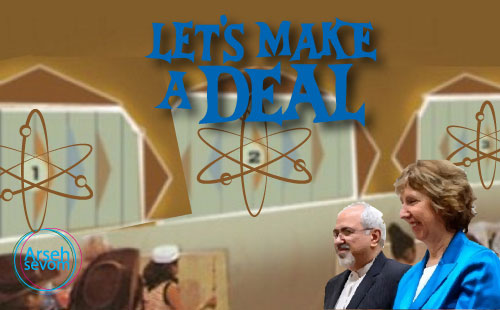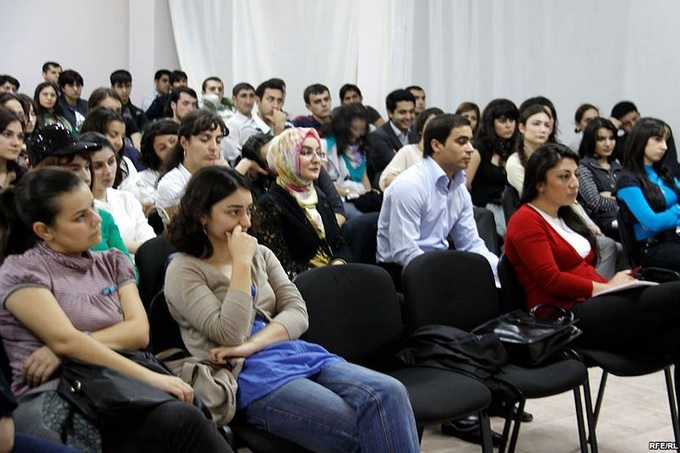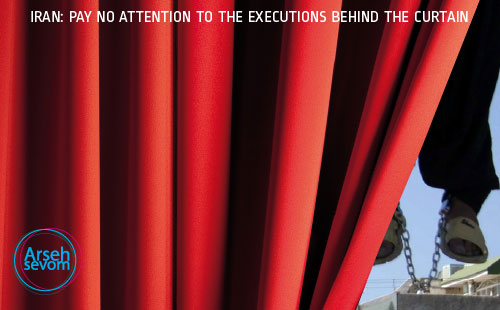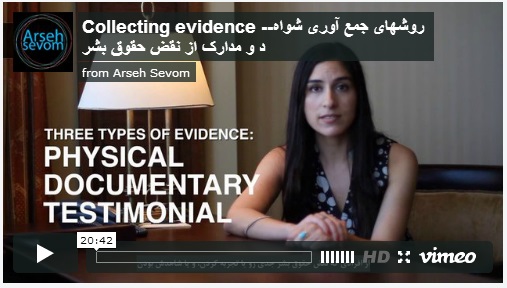November 19, 2013
Arseh Sevom – It’s been more than 100 days since Hassan Rouhani took office. Despite slow progress on human rights, many exiled activists are planning to return. Negotiations over Iran’s nuclear negotiations are about to restart, and Iran’s top negotiator is working to get his country’s message out via social media. Over 25 NGOs and civil rights organizations wrote a letter asking UN representatives to vote to hold Iran accountable for continuing human rights violations. The message: human rights are not negotiable.


